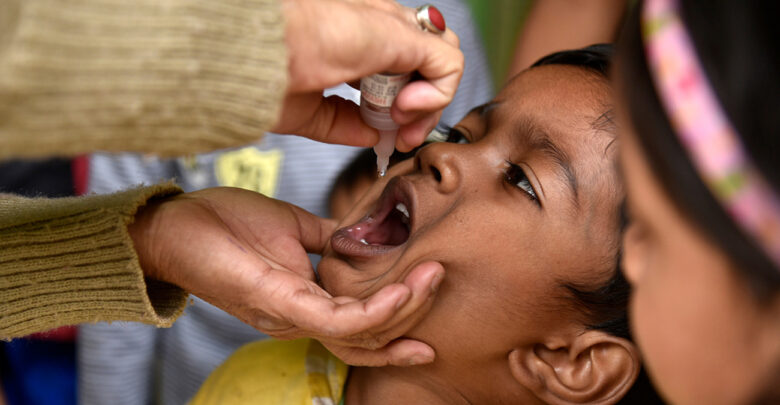Malawi
Malawi’s Authorities Appeal To WHO For More Vaccines To Battle Cholera Outbreak

Malawi’s health authorities have made an appeal to the World Health Organization (WHO) for more Cholera vaccines as the water-borne disease continue to spread across the country, reported The CGTN Africa.
It is feared that heavy rains could worsen the ongoing Cholera outbreak in Malawi that has so far claimed 128 lives. The country has recorded 4,420 cases since March.
“We have requested for more vaccines,” Storm Kabuluzi, director of preventive health services at Malawi’s ministry of health, told AFP on Wednesday.
Kabuluzi said the extra vaccine doses are needed for the central and northern regions, where the disease has spread from cholera-prone areas in the south. According to government figures, the 24 out of 28 districts are currently affected by the outbreak and the number of cases has almost tripled since August.
“What is important is to contain the cholera outbreak today,” said Kabuluzi.
He said the good thing with cholera is that it can be treated as well as prevented. He said that it is important to work along with Malawi’s communities to promote hygiene.
Cholera is contracted from a germ that is generally transmitted through contaminated food or water. It causes diarrhea and vomiting and can be especially dangerous for young children.
According to the World Health Organization (WHO), safe water and sanitation are crucial for preventing the transmission of cholera.
Last week, the WHO warned that Malawi was on the verge of a public health crisis.
Malawi’s community health ambassador, Maziko Matemba, has warned that the rainy season, which typically starts in November, could make matters worse.
Furthermore, chlorine, rehydration fluids and other medicaments needed to tackle the disease are also in short supply.
According to the WHO, cholera can be easily treated with oral rehydration solution, but more severe cases may require intravenous fluids and antibiotics. The disease has affected between 1.3 million and four million people each year globally, causing up to 143,000 deaths.





